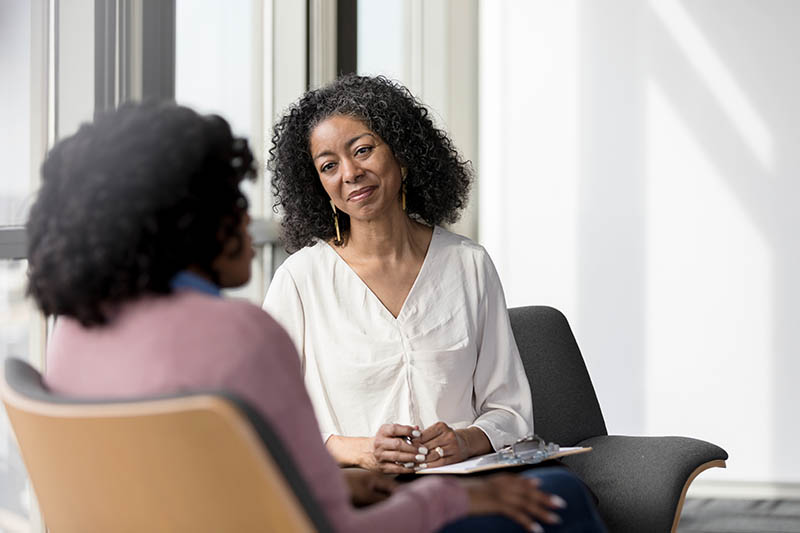The following essay was originally published in The Philadelphia Inquirer in collaboration with Drexel University’s Lindy Institute for Urban Innovation as part of Rebuilding Philly, a series of commentary articles written by Drexel faculty and professional staff related to the COVID-19 pandemic and racial and economic equity gaps in Philadelphia. It was written by Paula Marantz Cohen, PhD, dean of the Pennoni Honors College and founder of the Center for Civil Discourse at Drexel University. Her latest book is “Of Human Kindness: What Shakespeare Teaches Us About Empathy” (Yale University Press).
After all we’ve been through these past 20 months, after all of the pain and loss we’ve experienced collectively because of COVID-19, why can’t we still find enough empathy for each other to speak civilly across differences of opinion?
Our politicians can be blamed for being increasingly rigid in their partisanship and intent on being reelected. Our social media can be blamed for being platforms designed to maximize time spent on their sites in order to make as much money as possible.
But politicians and social media are symptoms, not causes, of our problems. After all, they are the servants of our interests; they cater to what we want to hear and read. That’s why politicians win elections, and social media platforms are successful at making money.
How can we remedy this?
Drexel University and many other institutions are on the right track when they seek to become more diverse — to reflect the many kinds of people that make up our complex society. Too often, however, when we speak of diversity, we forget that its value is to expose us to a range of different ideas as well as a range of different people. In this respect, we become stalled in the process of diversifying. For the goal isn’t simply to have different groups represented; it is to have a community of different individuals articulate opinions that are the product of their experiences — and learn from this diversity of ideas.
I am continually amazed by the originality and unpredictability of people I know when they are given the chance to speak freely without fear of being ostracized for the wrong opinion. Yes, race, religion, class, and ethnicity factor into their ideas, but these are only a few of the ingredients that make up who they are and why they think the way they do. Unfortunately, as we try to quantify diversity, we create a flattened, simplified notion of difference.
Time spent under COVID-19 has exacerbated the problem. When we aren’t face-to-face with people, we are less likely to see them as individuals. A blurry head in a little box or, worse, an icon or a name on a screen is going to make us think reductively about each other.
The return to face-to-face is, therefore, an opportunity to reboot. Now is our chance — our civic duty — to change our approach. We need to stop the reflex of being outraged by the “other side” — to stop applying a generalized rationale for the other’s position that we have worked out in advance.
To change this approach, we need to know why people believe what they do on an individual level. Yes, they may superficially conform to others who are part of their group and may, at first, seem to mimic what we have heard before.
But ultimately, what goes into their opinions is a mix of large and small elements unique to them: not just their race, class, and ethnicity, but where they grew up and were educated, what they do for a living, their relationship with their parents and siblings, the movies they like and the books they read.
If we can create a welcoming space to explore the question of “why,” allowing people to wander freely among the things that make them up, we would come some way toward accepting each other. Moreover, this approach would help each of us, when asked “why,” to think more deeply about our own beliefs and, perhaps, revise them.
"discourse" - Google News
December 16, 2021 at 04:54AM
https://ift.tt/33EdH2l
Using COVID-19 as a Moment to Reboot Our Sense of Empathy in Civil Discourse - DrexelNow - Drexel Now
"discourse" - Google News
https://ift.tt/2KZL2bm
https://ift.tt/2z7DUH4

No comments:
Post a Comment